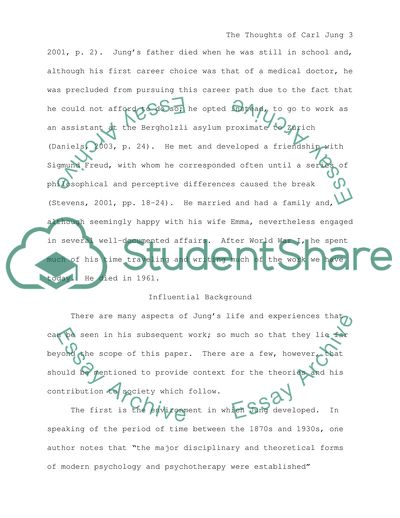Cite this document
(Archetypes, Collective Unconscious, and Synchronicity: The Thoughts of Coursework - 1, n.d.)
Archetypes, Collective Unconscious, and Synchronicity: The Thoughts of Coursework - 1. https://studentshare.org/psychology/1707431-carl-jung
Archetypes, Collective Unconscious, and Synchronicity: The Thoughts of Coursework - 1. https://studentshare.org/psychology/1707431-carl-jung
(Archetypes, Collective Unconscious, and Synchronicity: The Thoughts of Coursework - 1)
Archetypes, Collective Unconscious, and Synchronicity: The Thoughts of Coursework - 1. https://studentshare.org/psychology/1707431-carl-jung.
Archetypes, Collective Unconscious, and Synchronicity: The Thoughts of Coursework - 1. https://studentshare.org/psychology/1707431-carl-jung.
“Archetypes, Collective Unconscious, and Synchronicity: The Thoughts of Coursework - 1”. https://studentshare.org/psychology/1707431-carl-jung.


